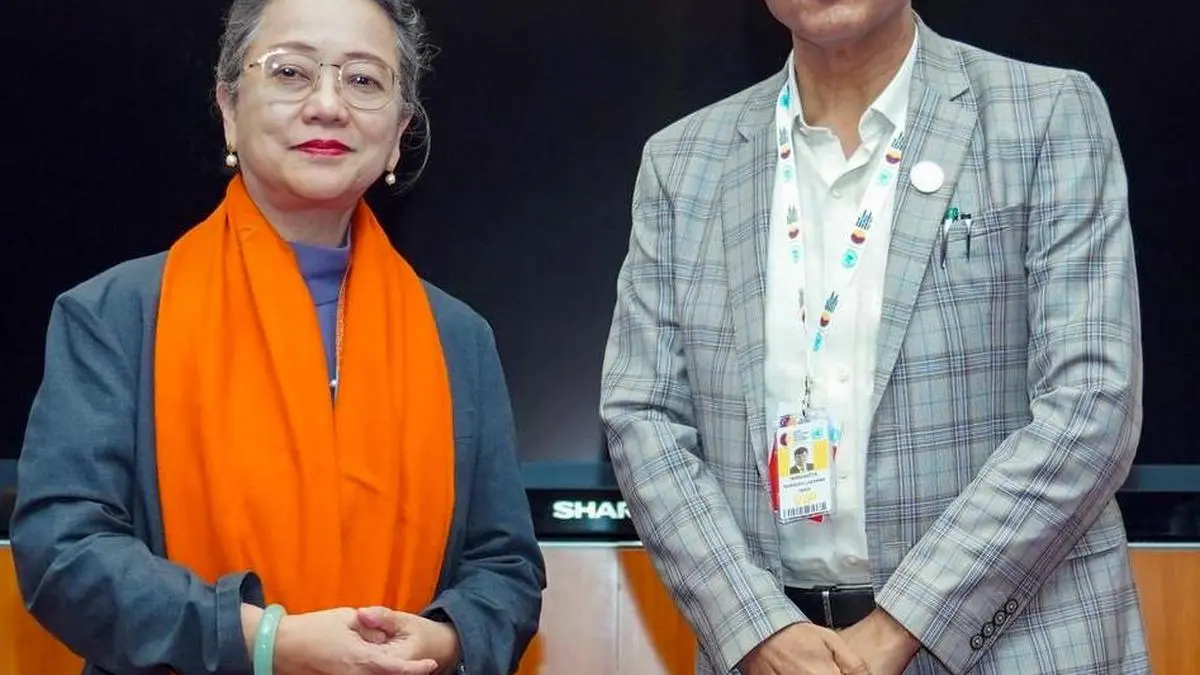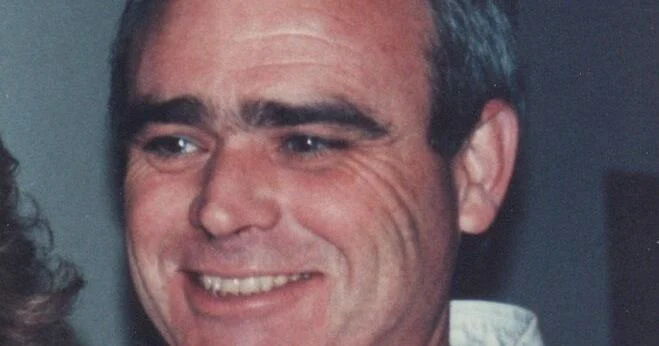Copyright thehindubusinessline

India strongly objected to Pakistan’s allegations of violating the Indus Waters Treaty, calling them “unjustified” and accusing Islamabad of misusing an international forum to divert attention from social development issues. Responding to remarks made by Pakistan President Asif Ali Zardari at the World Summit for Social Development in Doha, Labour and Employment Minister Mansukh Mandaviya said Pakistan was “peddling disinformation” against India instead of addressing its own developmental failures. “We take strong objection to certain unjustified references made by the President of Pakistan yesterday on India. This is an abuse of an international platform to distract the world from focusing on social development by spreading falsehoods against India,” Mandaviya said while delivering India’s national statement at the plenary session of the summit. During his speech on Tuesday, President Zardari had claimed that Pakistan faced “a new threat in the form of weaponisation of water” and accused India of violating the Indus Waters Treaty of 1960. Mandaviya countered that it was Pakistan which had consistently undermined the treaty’s spirit “through sustained hostility and cross-border terrorism” while misusing its mechanisms to obstruct India’s legitimate projects. “On the Indus Waters Treaty, Pakistan has repeatedly misused the provisions to block India’s lawful development works. As far as the Union Territory of Jammu and Kashmir is concerned, Pakistan has no locus standi to comment on India’s internal affairs — particularly when it continues to engage in cross-border terrorism against our citizens,” he asserted. Diversion ahead Calling Pakistan’s remarks a diversionary tactic, Mandaviya said, Islamabad would do well to introspect and address its own deep-rooted developmental challenges that have made it dependent on international handouts, instead of abusing global platforms. Opening his address, the minister highlighted India’s “transformative journey” in poverty alleviation and social security under Prime Minister Narendra Modi’s leadership. “In the last ten years, through reforms, convergence of welfare programmes, and digital innovation, around 250 million Indians have been lifted out of multidimensional poverty,” he said. Mandaviya outlined India’s lifecycle-based social protection framework — from childhood nutrition to elderly security — noting key achievements such as nutritious mid-day meals for 118 million schoolchildren, food security for over 800 million citizens, health coverage for 425 million people, and 37 million affordable homes for low-income families. He added that India’s unemployment rate had fallen from 6 per cent in 2017-18 to 3.2 per cent in 2023–24, while women’s participation in the workforce had nearly doubled. “Millions of women have been mobilised into self-help groups, with credit support empowering these local, women-led institutions,” he said. India’s social security coverage, Mandaviya noted, had expanded from 19 per cent in 2015 to 64.3 per cent in 2025 — a progress recognised by the International Social Security Association, which this year conferred the ISSA Award for Outstanding Achievement in Social Security on India. Published on November 5, 2025



